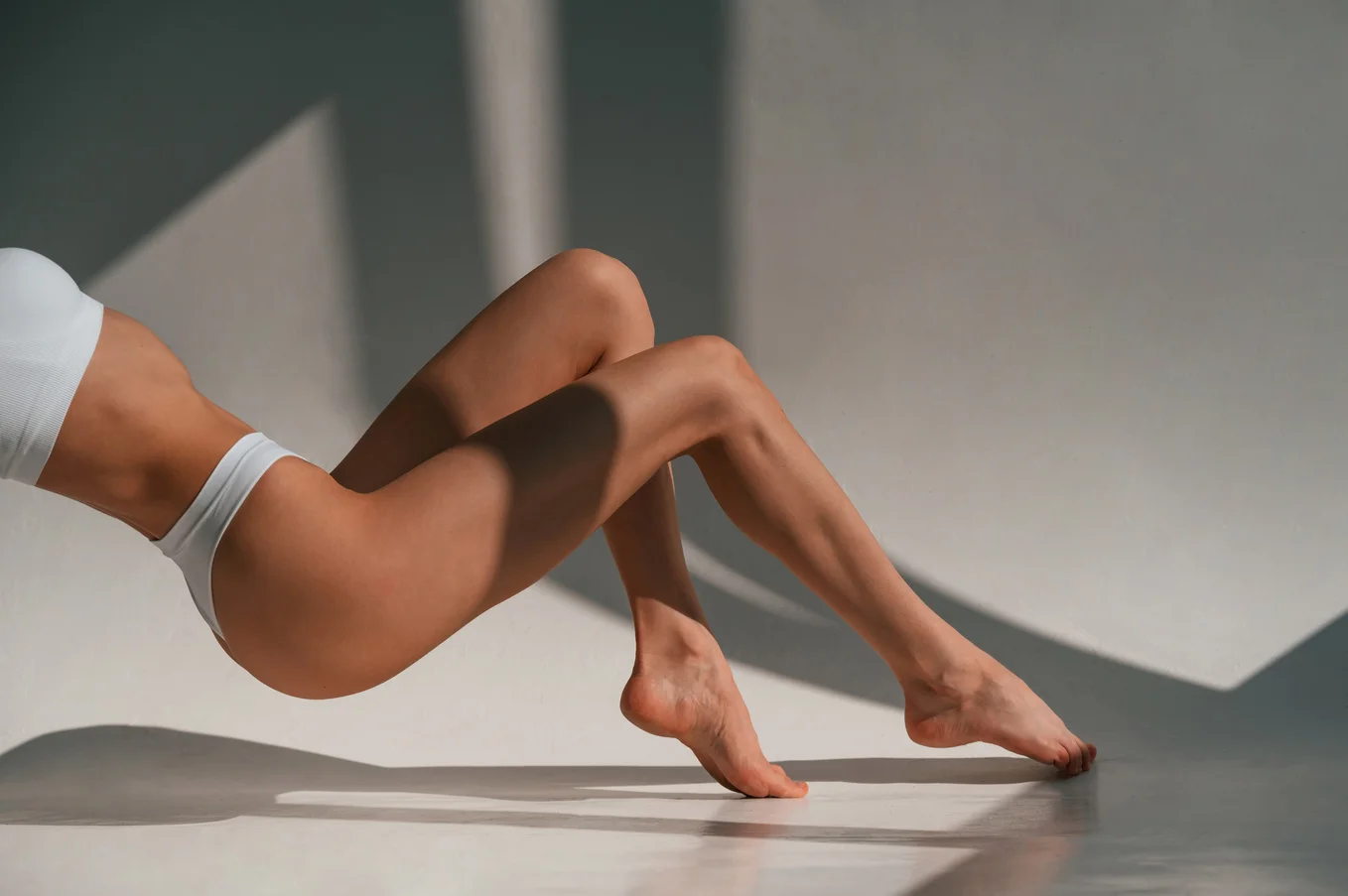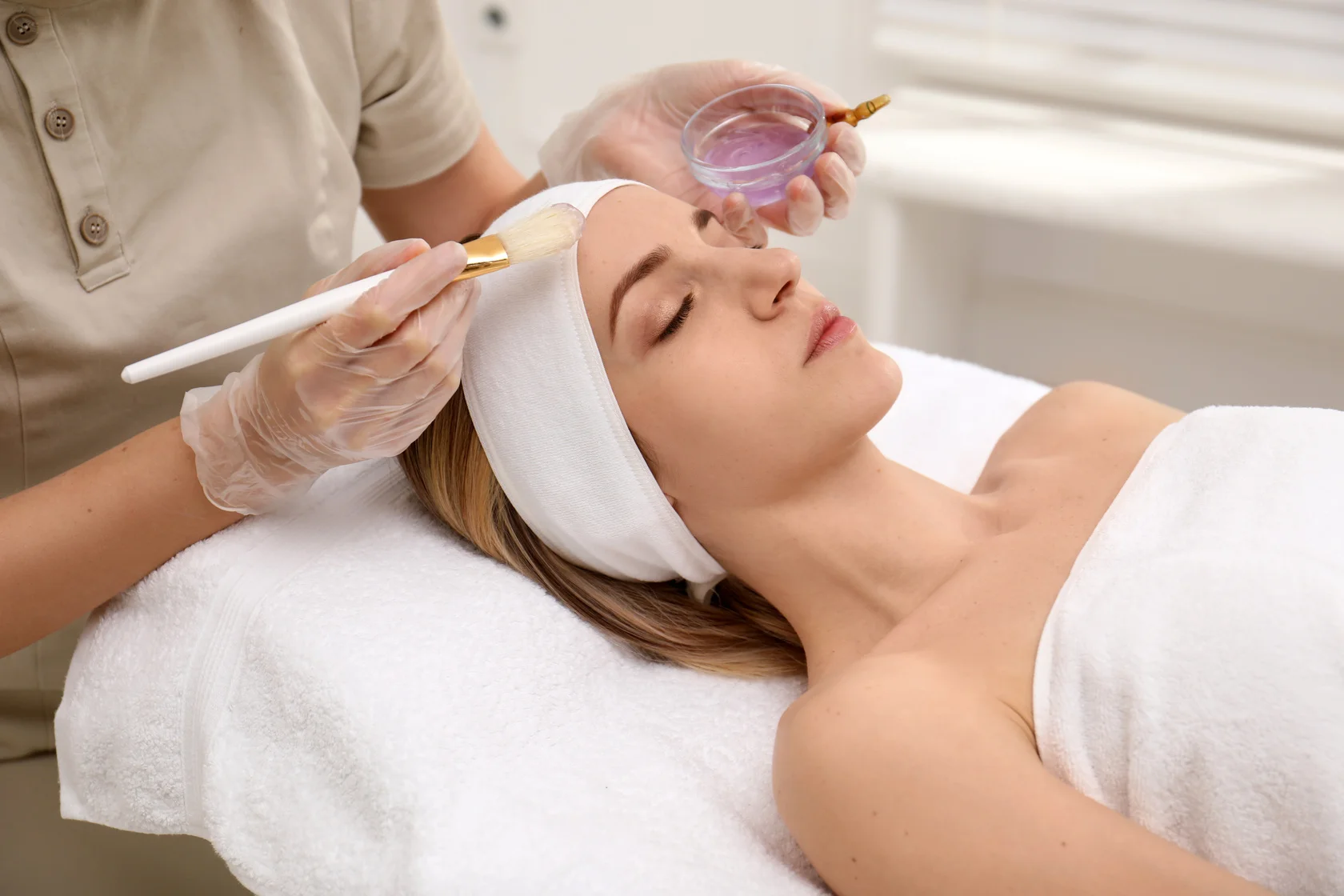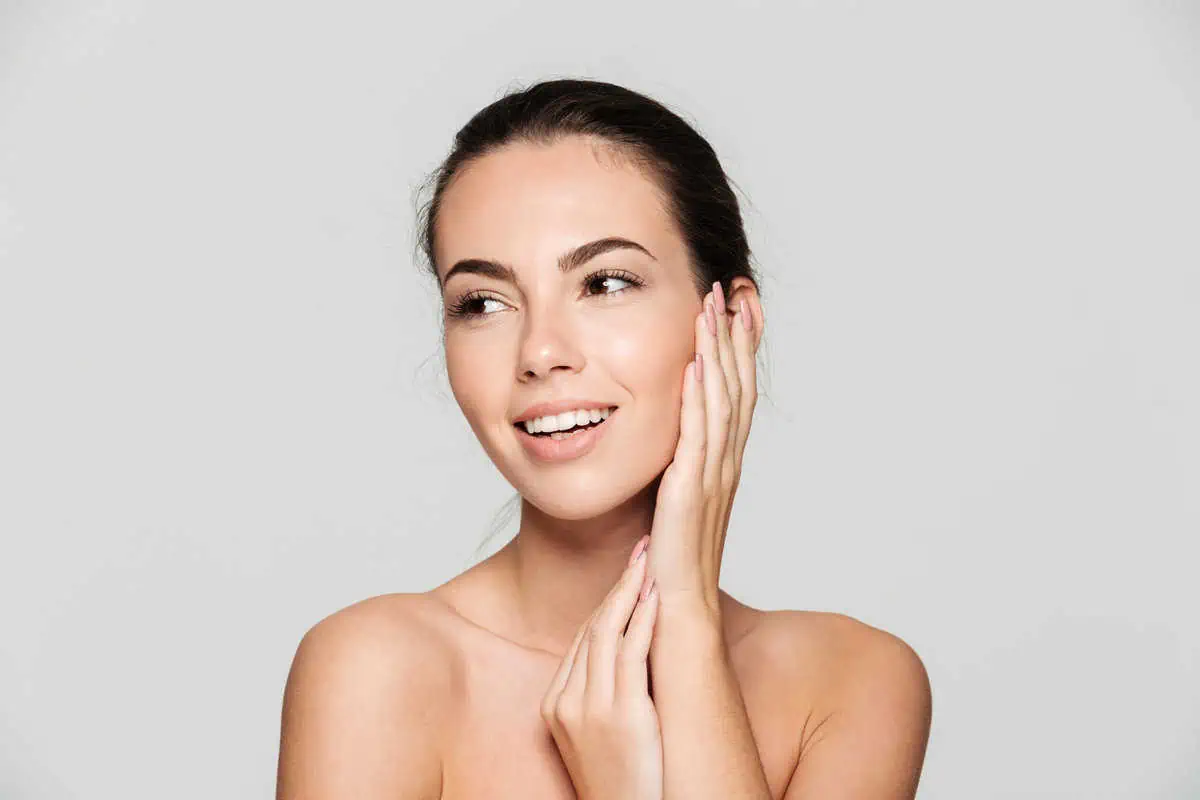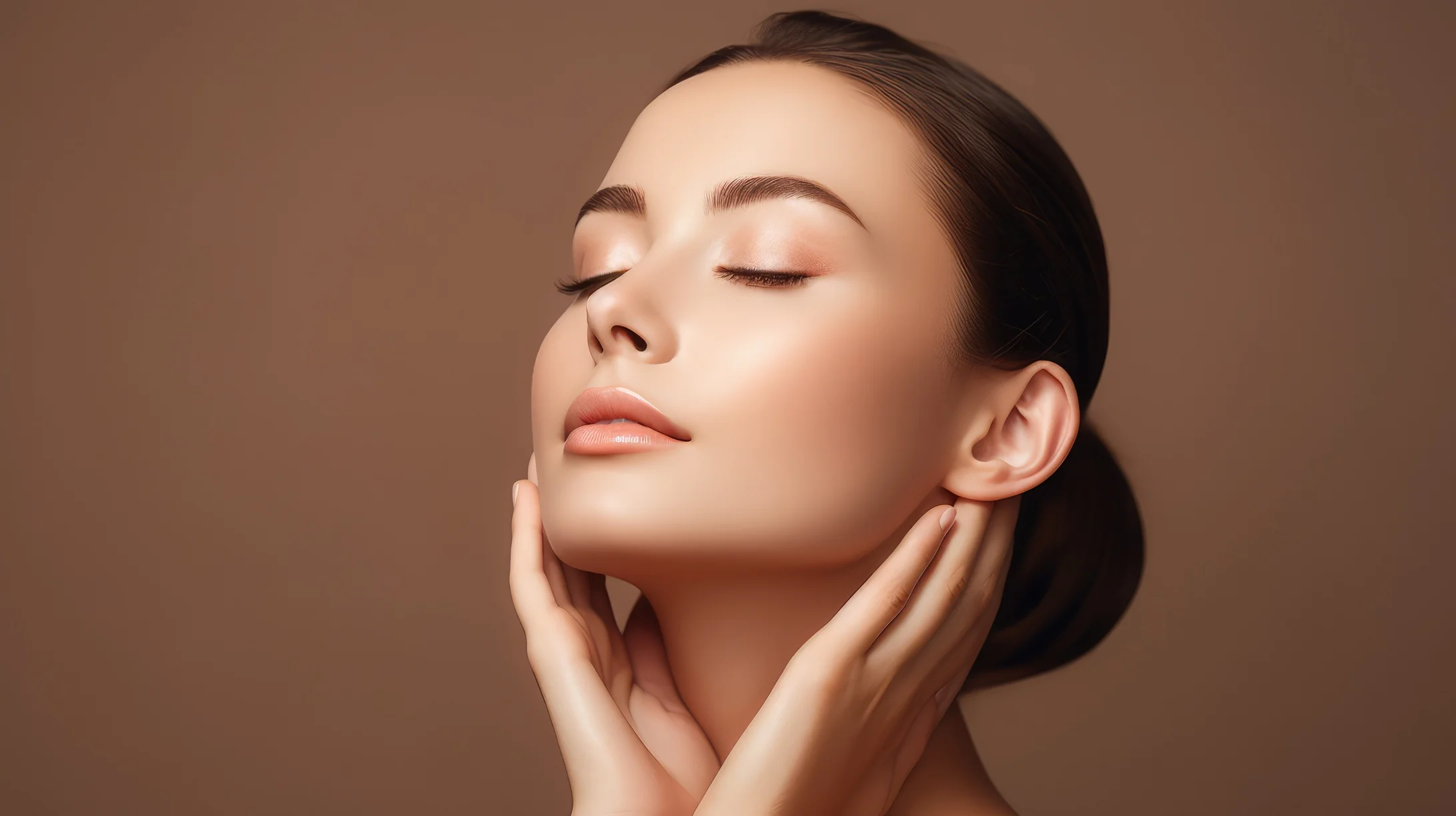Occasionally, we forget to protect ourselves from the sun’s rays. The sun is a natural source of light and heat, and when it shines on our skin, it can cause damage. Soon, the skin damage builds up until it becomes a prevalent problem. Fortunately, you can reverse the effects of the sun’s rays right now by trying out Photofacial treatment.
Your skin is your body’s first line of defense against the sun. It has a natural SPF of 10 and helps protect you from UV rays. But unfortunately, it will build up over time, and it can get impaired by the sun’s harmful rays. This can lead to premature aging and even risks of skin cancer.
Too much sun exposure causes wrinkles, sagging skin, and dark spots on the skin. However, how about prolonged tanning? Can Photofacial fix prolonged tanning? And is it safe?
To learn more about Photofacial treatment and what it can do, continue reading the blog.
What Is Photofacial?
Photofacial treatment is also known as IPL treatment. It is a skin-lightening procedure that uses light energy to treat the skin and reduce pigmentation. It is typically used on skin that has been damaged by sun damage. This treatment will help you achieve a lighter, more radiant complexion by reducing the appearance of dark spots, age spots, and melasma.
The treatment is another form of phototherapy. The phototherapy process begins by exposing the skin to a specific wavelength of light that stimulates collagen production and increases blood flow to increase circulation. The light can be administered through various methods, including light pulse therapy or UVB lamps.
The light penetrates deep into the skin to treat conditions on a cellular level with minimal side effects. The goal of the treatment is to treat sun-damaged skin conditions and then enhance them without affecting too much of the client’s natural complexion.
Non-Invasive
Photofacial treatment is an entirely non-invasive procedure. Only light pulses will touch the skin—no injections and no tools to open your skin are needed.
The process is done in the office and takes about an hour. The patient will be given a topical cream to use at home to help reduce redness and irritation. It’s safe for all skin conditions, including acne scars, sun damage, age spots, rosacea, and melasma.
The treatment also can be used on other areas of the body, such as the face or hands.
Will It Hurt?
While it is entirely non-invasive, it doesn’t necessarily mean that you won’t feel any pain. However, it is just some slight pain, not too much that you can’t endure. But each person’s pain tolerance is different, but most likely, you can take it.
As for the pain, it feels like something is stinging your skin. A few people have commented that the sting will feel like a rubber band snapping at you. Although it seems unpleasant, it’s not the kind of pain that will lift you out of your chair.
Depending on how much area is being treated, it will take around 20 to 30 minutes.
Photofacial, A Laser Treatment?
While Photofacial and laser treatments are both aesthetic treatments that use light energy to fix or improve the skin’s appearance, they are somewhat different. The two treatments are different because they use distinct wavelengths and the penetration depth is also dissimilar.
Photofacial is a treatment that uses a variety of wavelengths to fix sun damage. On the other hand, laser treatments are often considered to be the industry standard when it comes to skincare and aesthetic treatments. They are more concentrated, making them a suitable therapy for reversing signs of aging.
Laser has more power than Photofacial, but they don’t mean that they are necessarily better or worse. Lasers are more focused since they have to do specific tasks. On the other hand, Photofacial offers a variety of wavelengths since clients may have different skin tones and ethnicity.
How Does Photofacial Work?
The treatment will involve shining a high-intensity pulse light into your skin. The strong light energy then energizes the top skin layer, destroying the dead and old tissue on the surface. At the same time, this stimulates collagen production in the skin, improving the skin’s overall tone and complexion.
While it may seem counterproductive to destroy a skin layer, we want it gone to make room for the new one. Also, the damage to the skin layer is not too much to affect other skin layers. Since there’s not much damage, it won’t leave unwanted scars or spots.
In addition to that, the light energy also caught the body’s healing processes’ attention. Once the body notices some damage, it reacts by starting the healing processes, and once again, since there isn’t much damage, the newly formed skin will instead get reinforced.
Can It Get Rid Of Prolonged Tanning?
Photofacial treatment has become one of the most popular options for people who want a quick fix for their sun-damaged skin. It is also considered an option for people who wish to improve their skin tone, reduce dark spots, or remove acne scars.
However, is it recommended to use Photofacial to fix prolonged tanning? Since it can lighten skin tones, no?
If you currently have a tan from your beach outing or other causes, Photofacial is NOT recommended.
When there’s too much color around your skin, the laser can’t target specific spots damaged by the sun. Photofacial targets the darker area than usual, meaning it absorbs all the light, but if your skin is tanned all around, all of your skin absorbs all the light.
The results of Photofacial are pigment-dependent. So if your skin tone is tanned all over, your skin will develop hyperpigmentation, and you may even experience some burns. So, for now, all you can do is wait for the tan to subside and then work with Photofacial treatment.
Takeaway
Almost all, if not all, phototherapy is pigment-dependent. So it’s not a surprise that we do not recommend a Photofacial when you just had a tan. However, as soon as it subsides, we can work on other sun-damaged skin issues.
So if you are interested in Photofacial, make sure to contact our clinic, PBK Medspa. We offer services that aim to satisfy clients by achieving their aesthetic ideals.







